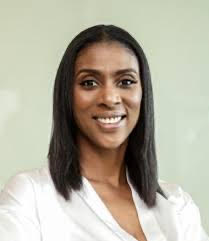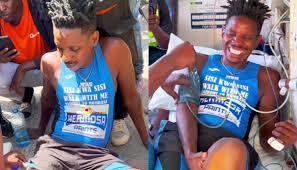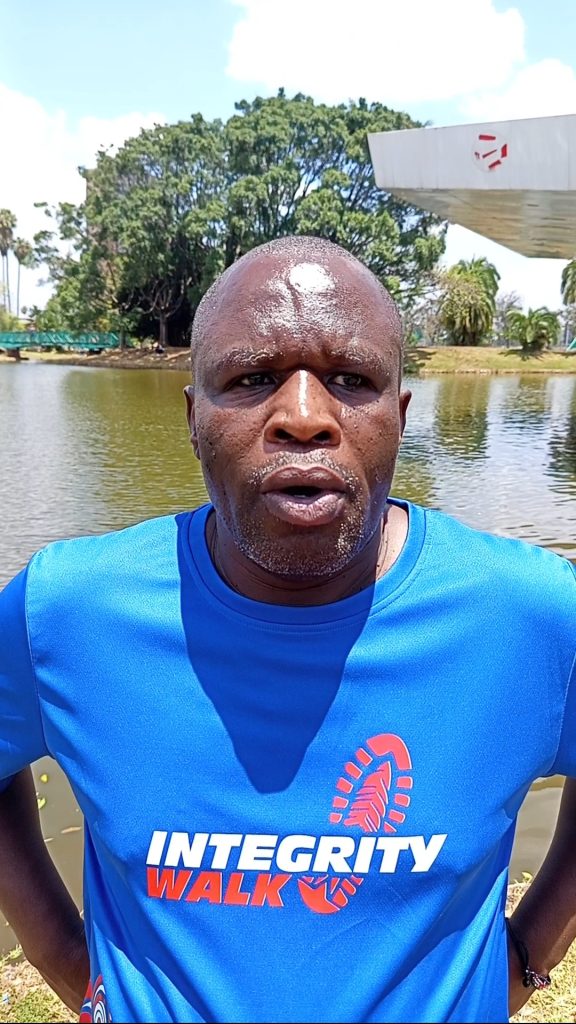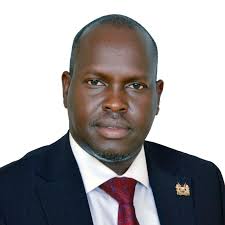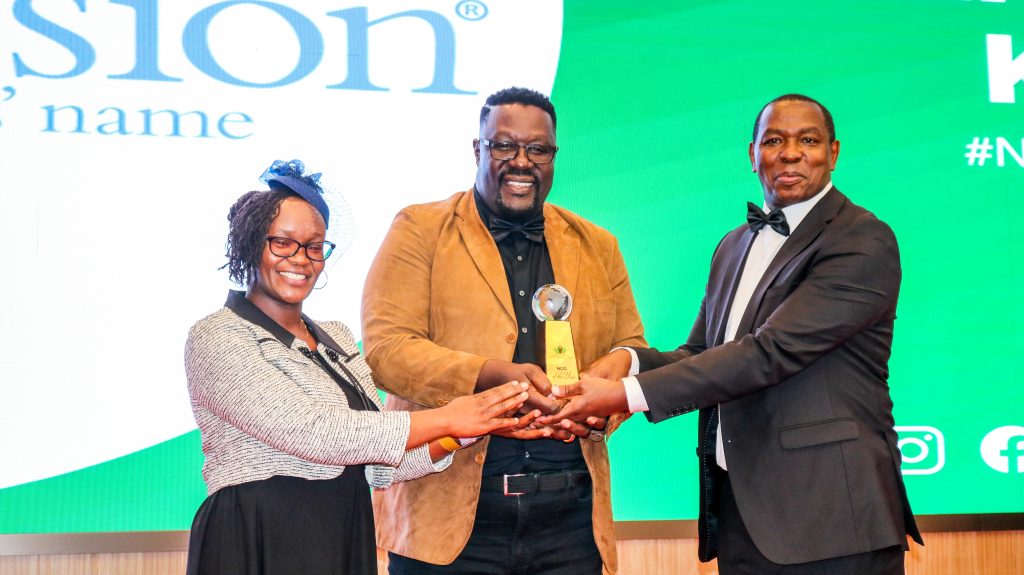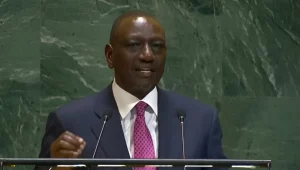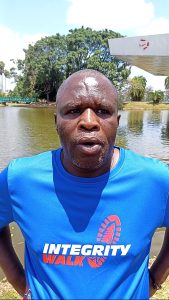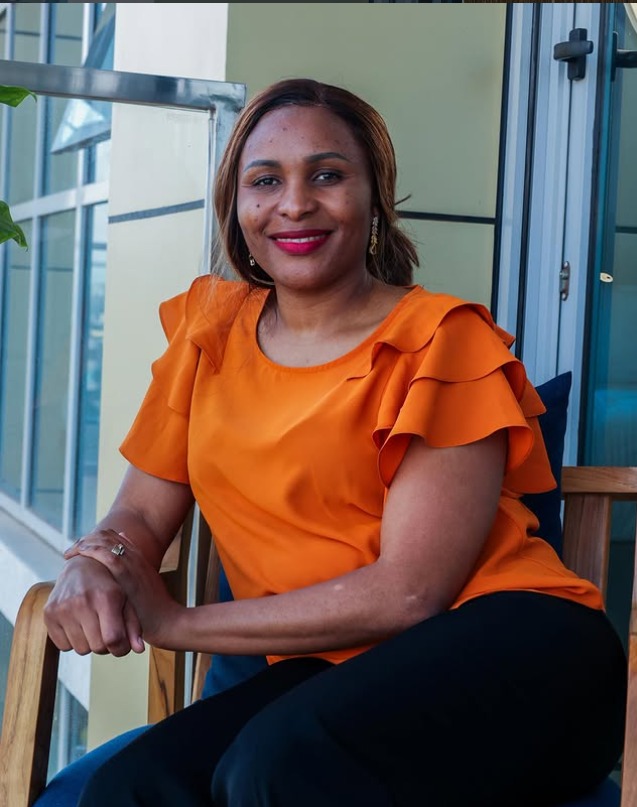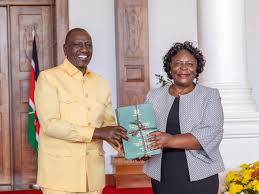By Wahome Ngatia
On the sidelines of the United Nations General Assembly (UNGA), four African Heads of State and government convened to confront one of the continent’s most pressing issues: the health of women, children, and adolescents. Leaders present included Kenya’s William Ruto, South Africa’s Cyril Ramaphosa, Botswana’s Duma Boko, and Vice President of the Gambia H.E. Muhammad B.S. Jallow. Joining them were development partners such as the African Union, AUDA-NEPAD (New Partnership for Africa’s Development), UNFPA (United Nations Population Fund), and the Africa CDC (Africa Centre for Disease Control) among others.
Kadidiatou Toure, Team Lead for Communications and Advocacy at PMNCH (Partnership for Maternal, Newborn and Child Health), told this writer that the gathering placed strong emphasis on increasing investment, universal health coverage, and upholding sexual and reproductive health rights – this in part by strengthening domestic resource mobilization, including by leveraging private sector actors and innovative mechanisms.
President Ramaphosa, chair of the Global Leaders Network for Women’s, Children’s and Adolescents’ Health- the first ever southern led network of sitting heads of states advocating for these issues – emphasized that women, children, and adolescents – “those whose wellbeing defines the future of any society” – are currently carrying the heaviest burden of the world’s crises. Ramaphosa underscored the devastating impact of ODA withdrawals, which are compounding the consequences of ongoing wars and conflicts. These trends, he explained, have reduced access to essential services and reversed decades of progress.
President Ruto delivered a forceful intervention centred on African self-reliance. He declared that “the question is not if Africa can finance its own health systems, it is how quickly we are able to do so.” He stressed the urgency of moving away from dependence on borrowed resources and externally imposed strategies.
President Boko, who leads the African Leaders Malaria Alliance, issued a call to all countries and donors to commit boldly to the replenishment of the Global Fund to Fight AIDS, Tuberculosis and Malaria. Looking beyond traditional funding streams, President Boko advocated for innovative financing approaches. He urged African nations to mobilise resources from the private sector, diaspora communities, and through enhanced South-South cooperation.
Building African Capacity
The leaders underscored the urgency of investing in local capacity to manufacture medicines, vaccines, and medical equipment. This approach, they argued, would lower treatment costs and improve access. Governments were urged to enact favorable legislation and economic policies that encourage such manufacturing.
Toure noted that much work has been done on the African continent to advance this issue. “The African Pooled Procurement Mechanism, by prioritising sexual, reproductive, maternal, newborn, child, and adolescent health (SRMNCAH) commodities, aims to strengthen Africa’s ability to deliver life-saving interventions at scale. The Africa Vaccine Manufacturing Accelerator aims to reduce the startup costs and financial risks for local manufacturers by offering financial incentives, which would bolster local manufacturing. The African Medicines Agency aims to harmonise regulations and enhance laboratory capacities to ensure that locally produced health products meet global standards.”
Development Partners Sound Alarm
Despite these initiatives, the leaders expressed concern about dwindling global support. Western donors are gradually pulling funding from African health programs, leaving millions of women, children, and adolescents vulnerable.
Toure noted that “a study by the Lancet projects 14 million additional deaths, as a result of the shutdown of USAID programmes – of which 4.5 million of these deaths would be of children. This projection only considers one of the many reductions in funding that we are witnessing this year”
Development partners including NEPAD, UNFPA, UNICEF, GAVI, Africa CDC committed to “to hold the line and continue to urge leaders to recommit to the fight against all preventable deaths, particularly those affecting women, children, and adolescents” Toure said.
Civil Society as the Bridge
When I asked about Civil society organizations (CSOs). She noted their critical role in the success of health initiatives. “They bridge the gap between governments and communities, ensuring that health planning is anchored in community realities” she said. CSOs foster dialogue by bringing people together in social settings, organizing community forums, and engaging directly with elected leaders. This community-driven approach helps ensure that health policies are grounded in real needs.
Africa’s youthful population makes this even more urgent. In Kenya, for instance, 75% of the population is under the age of 35. The voices of young people must be incorporated into health policy because they best understand the challenges they face and can propose innovative solutions.
The Numbers Behind the Challenge
Kenya’s health statistics reveal why these discussions are critical. The maternal mortality ratio stands at around 362 deaths per 100,000 live births, according to the Kenya Demographic and Health Survey. Infant mortality is 35 per 1,000 live births, and neonatal mortality is 22 per 1,000 live births. UNICEF data shows that under-five mortality remains high at approximately 40 deaths per 1,000 live births, translating to over 59,000 child deaths each year. These figures underscore the urgency of action.
Progress has been made: facility deliveries in Kenya rose to 88% in 2022, up from 39% in 2003, and contraceptive use among married women increased from 32% to 57% over the same period. Yet disparities persist, especially in rural and marginalized communities.
Partnerships for Sustainability
Public-private partnerships were highlighted as vital enablers. They provide funding, technical expertise, and innovation that governments alone cannot deliver. However, the sustainability of these programs hinges on regulation, equitable access, and alignment with national health goals and accountability. Here again, civil society plays a watchdog role, ensuring that such partnerships benefit those most in need.
A Call to Collective Action
According to Toure, the message from the sidelines of UNGA was clear: improving the health of women, children, and adolescents globally and especially in Africa requires a collective approach. Governments must prioritize favorable policies and financing. Development partners must safeguard funding streams. The private sector must innovate and invest responsibly. And civil society must continue amplifying community voices and ensuring accountability.
Africa’s future lies in its young population. By investing in their health and listening to their voices, the continent can make real strides toward achieving the Sustainable Development Goals. Civil society stands at the heart of that journey.
Background
Kadi Toure is the Team Lead for Communications and Advocacy at PMNCH where she manages efforts to raise awareness of the general public on issues related to women’s, children’s and adolescents’ health. She has over 17 years of experience in advocacy, communications, strategy, partnership coordination and programme management, in the field of global health.

